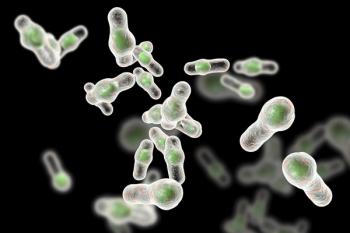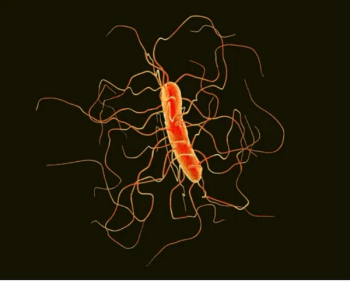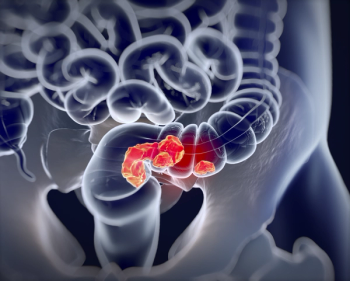
C. difficile
Latest News

Latest Videos

CME Content
More News

Dr. Tom Lodise provides an overview of gut microbiota and the consequences of dysbiosis.

Diagnosis and Management of C. difficile Infection (CDI) in Patients with Inflammatory Bowel Disease
Dr. Abraham discusses importance of differential diagnosis of C. difficile infection (CDI) in patients with IBD and how both IBD and CDI should be managed.

Immunoinformatics allows researchers to develop vaccines without microbial culturing, thus saving time and money.

Analysis shows that the common infection may be a driver of the disease in adults younger than aged 50 years.

This inflammation of the colon poses a substantial burden to patients and the health care system.

The first step to reducing recurrent C. difficile infections is prevention.

In ECOSPOR III, the lead therapeutic candidate incorporated itself durably and rapidly into the microbiome to prevent recurrence, the company says.

The organizations emphasized the need to better understanding the patient experience for those with recurrent CDI.

Infections at community hospitals fell by 63% after 1 year and 77% after 3 years, new data show.

Rifaximin Shows Promise in Patients With C Diff Infection That Does Not Respond to Metronidazole
Metronidazole is commonly used to treat Clostridium difficile infection, however, it has higher rates of therapy failure.

Fecal microbiota transplantation is proving to be an effective treatment for many patients with specific disorders associated with dysbiosis.

An engineered live biotherapeutic product may help limit antibiotic resistance versus pathogens such as Clostridioides difficile.

David DeRemer, PharmD, BCOP, FCCP, FHOPA, a past-president on the board of Hematology/Oncology Pharmacy Association (HOPA), discusses why a greater focus on colorectal cancer screening was important to highlight at the HOPA 2022 annual conference.

CDI is the leading cause of diarrhea in hospitalized patients.

Study results show at a molecular level how fidaxomicin selectively targets these bacteria, while sparing others in the gut microbiome.

A multidisciplinary team of nurse practitioners and pharmacists can work together to address patients at an increased risk for hospital readmission.

RBX2660, a standardized, stabilized, novel microbiota-based live therapeutic, shows promise treating patients with recurrent Clostridium difficile infection.

A chainmail-like, flexible outer layer on Clostridium difficile may explain its success at defending itself against antibiotics.

Aerosolized hydrogen peroxide system added to current hospital infection prevention protocols found to significantly reduce cases of Clostridioides difficile infection.

Finch was still able to continue dosing patients in its past-ongoing PRISM-EXT phase 2 open-label trial of CP101 in recurrent CDI, because the CP101 lots used for PRISM-EXT were manufactured from material donated prior to December 1, 2019.

Novel C. difficile infection (CDI) vaccine shows promise lowering the severity of CDI and in preventing medically attended CDI.

Links of chain mail are arranged in the bacteria to form a pattern that prevents molecules from entering the cell.

Hospital-onset clostridium difficile infections frequently occur because of both patient and environmental risk factors.

The drug pipeline is insufficient to meet the threat of antimicrobial resistance, and policy reforms are critically needed, according to the Biotechnology Innovation Organization.

Fecal microbiota transplantation produces cure rates of 82%-88% in patients with recurrent clostridium difficile infections.
































